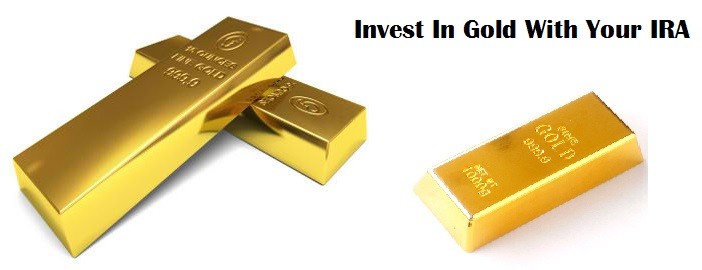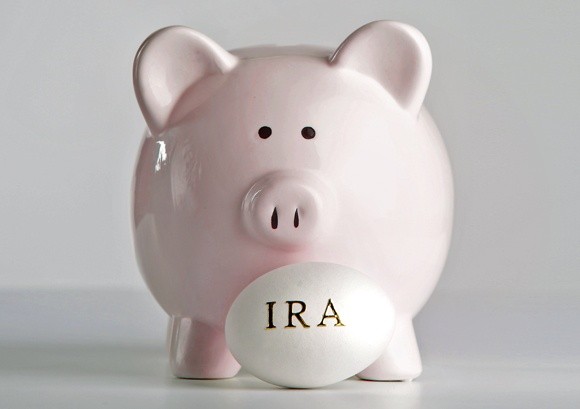Should You do a 401k Rollover into an IRA
Post on: 15 Май, 2015 No Comment

Changing jobs is always a busy time. You need to tie up loose ends at your old job, learn the ropes at your new position, maintain your professional network, and a host of other activities. One thing you shouldnt stress about is deciding what to do with your 401k plan. Basically, it boils down to 3 primary options: (1) cash it out, (2) leave your funds in your old 401k plan if able, (3) roll it over into an IRA or other tax deferred plan.
Should you roll your 401k into an IRA?
The first option is rarely a good idea as you will have to pay taxes and possibly early withdrawal penalties. The second option can be a decent idea if you are happy with your old plan and your former company allows you to maintain your assets in their 401k plan (keep in mind some plans charge former employees for the administration costs once they are no longer employed with the parent company, so you may be better off moving your investments).
Finally, the third option allows you to keep your investments in a tax deferred plan and avoid taxes and early withdrawal penalties. You can transfer your old 401k plan into a new 401k plan at your new company, move it into an annuity, or you can roll your 401k plan assets into an IRA. Rolling your 401k into an IRA is often the best option as it allows you total control over where you invest your money, the fees you will pay, etc. Lets take a look at your options.
Should you roll over a 401k into an IRA?
We are going to make the assumption that you wont cash out your plan, which leaves us with the choices of rolling your 401k into an IRA, leaving it with your former employer, or rolling it into your new 401k plan. Because your assets stay in a tax deferred retirement plan, the tax rules are essentially the same for all three choices. The main differences boil down to the rules and investment choices of the plan you choose.
Rolling over your 401k into an IRA
Rolling your 401k into an IRA is usually the best option because you have total control over how and where your money is invested.
- Total investment flexibility; you decide where and how to invest.
- Account consolidation (easier to maintain record keeping and balance assets).
- Option of moving your assets to a future employers plan.
Disadvantages
- You cant borrow from your assets.
- Some investment options in a 401(k), such as company stock purchasing plans, may not be available in an IRA.

Where to open a Rollover IRA: Rolling over an IRA is very easy to do, and most providers will help you with the paperwork. Here are some of our recommended places to open an IRA .
Leave assets in former employer-sponsored plan
This is usually the easiest option because it takes no effort on your part. Simply pack your bags and move on to your next place of employment. But just because it is easy doesnt always mean it is the best decision.
- You may have investment options in the plan that are not available to you outside the plan.
Disadvantages
- Limited investment choices.
- Most likely cannot make future contributions.
- Usually need assets totaling $5,000 or more to remain in former employers plan.
- May have to cover some or all of the administration fees.
Transfer to your new employer-sponsored plan
Most employer sponsored plans will give you the option of transferring your assets from your former employer sponsored plan when you enroll. You only have to fill out a form and the plan administrators will take care of the rest.
- Account consolidation (easier to maintain record keeping and balance assets).
- Ability to borrow from your 401k.
Disadvantages
- Limited investment choices.
- May have to wait before you are eligible for the plan at your new company.
Keep retirement funds in a tax deferred retirement plan!
Whichever option you choose, try to keep your retirement funds in a retirement plan. Cashing out early will subject you to instant tax obligations and early withdrawal fees if you are under the minimum withdrawal age. The taxes and fees can easily destroy more than a third of your hard earned investments. In addition to taxes and fees, you will set yourself back in your retirement planning. Unless it is an emergency, leave it alone!














